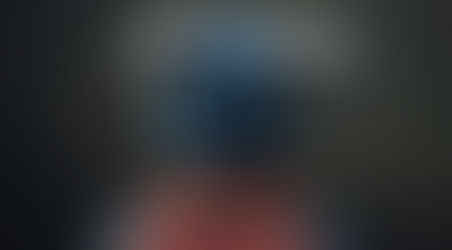What We've Sown
- Paula Shockley

- Aug 14, 2025
- 3 min read

3 “Now you dwellers in Jerusalem and people of Judah, judge between me and my vineyard. 4 What more could have been done for my vineyard than I have done for it? When I looked for good grapes, why did it yield only bad?" 7 The vineyard of the Lord Almighty is the nation of Israel, and the people of Judah are the vines he delighted in. And he looked for justice, but saw bloodshed; for righteousness, but heard cries of distress. (Isaiah 5:3-4,7)
Reading or watching national and world news, these days, is distressing. Many times in the book of Isaiah, the prophet could be speaking to us today. Just as in chapter five, God might look at us now and wonder what more could have been done to nurture us than God has already done since we have thwarted every good intention God had for us. As a society, we have not valued integrity, justice, and righteousness. Where we may not have actively victimized, we have ignored the voices of those in need, those in distress. Our selfishness and greed have sown the seeds of the harvest of division and turmoil we are now reaping. Right, Left, or indifferent - we've all minimized or disregarded the thoughts and feelings of those with whom we disagree. We can look at others with blame, or we can turn to God and ask for forgiveness.
There are no simple answers or remedies to get us out of the mess we find ourselves in, but it's never too late to love. Certainly, we must actively love and aid those facing the devastation of war, those whose lives are being turned upside-down by immigration crack-downs, those who are racially, sexually, or economically oppressed. But we must also figure out how to love those we feel are the cause for these disparities - those we see as enemies. What does that love look like? Perhaps it means recognizing and meeting needs, and acknowledging and addressing fears. We don't need to placate or excuse, but we do need to understand. We are coming face to face with the reality that changing laws never changed hearts, and dismissing dissent didn't eliminate it. Just as a good teacher would seek to understand and value the struggling student who disrupts class, we must get at the heart of the disruption. Beneath the lashing out, there is mental, emotional, or spiritual pain. May the love of God open our eyes to the ways we can bridge the societal gaps that are binding us to destruction, and may we begin to sow seeds today that will yield a better tomorrow for us all.
14 Turn again, O God of hosts; look down from heaven and see; have regard for this vine, 15 the stock that your right hand planted. 16 It has been burned with fire; it has been cut down; may they perish at the rebuke of your countenance. 17 But let your hand be upon the one at your right hand, the one whom you made strong for yourself. 18 Then we will never turn back from you; give us life, and we will call on your name. 19 Restore us, O LORD God of hosts; let your face shine, that we may be saved. (Psalm 80:14-19)












































Comments